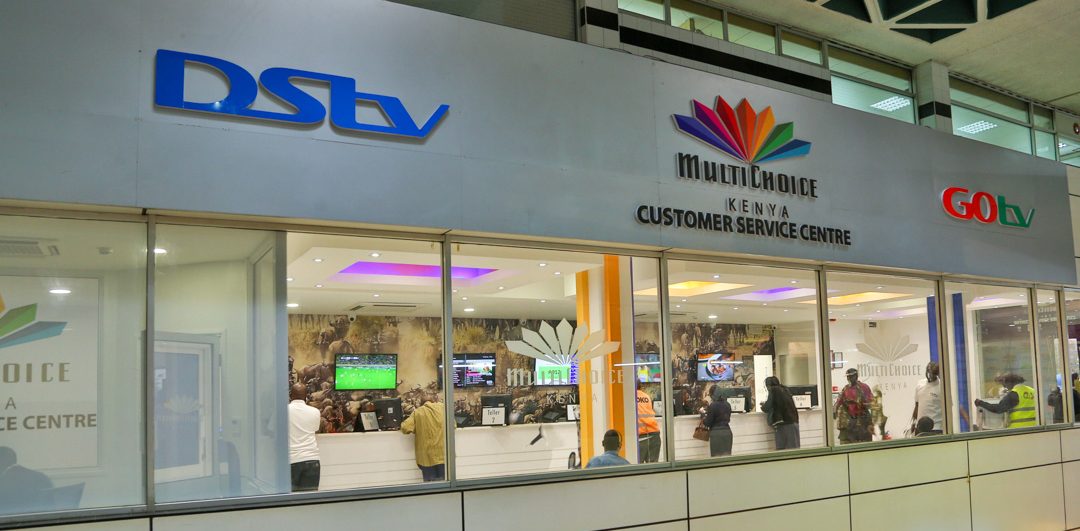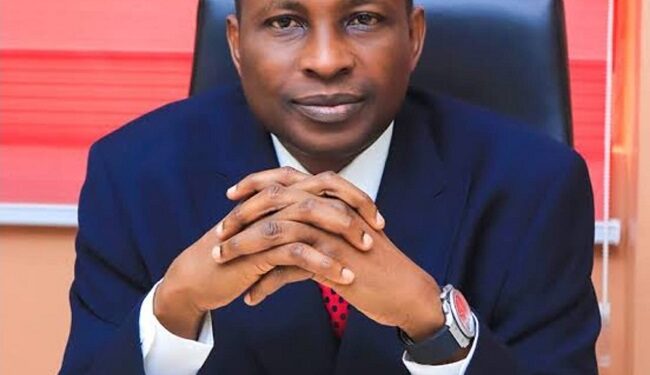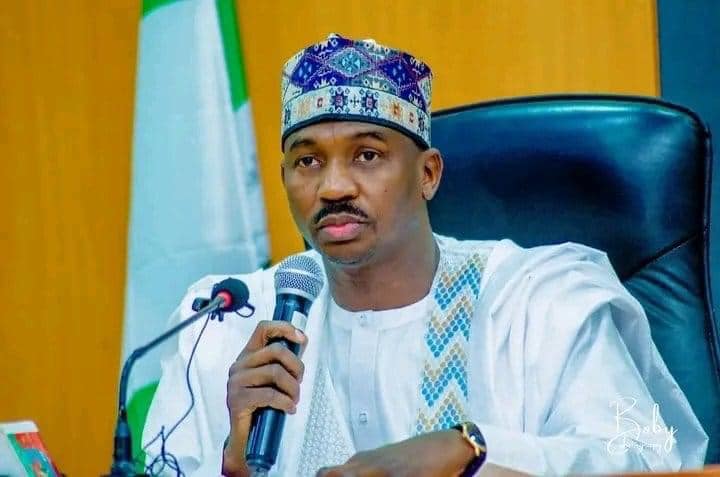The Milan Public Prosecutor’s office has charged several senior Royal Dutch Shell executives in Italy for their role in a wide spread bribery scheme to acquire oil exploration rights in Nigeria. Those facing trial include Malcolm Brinded CBE, the former executive director for Upstream International and the second most powerful person in the company when the deal was struck.
Shell itself is also facing bribery charges, alongside Peter Robinson, former vice president for Shell’s sub-Saharan Africa operations; Guy Colegate and John Copleston, former Shell employees and ex-MI6 agents. The Milan court’s decision came after Shell admitted that it knew that part of its payment of over $1 billion for a Nigerian oil block, OPL 245, would go to former Nigerian oil minister Dan Etete, a convicted money launderer.
Four senior executives of Royal Dutch Shell have been charged by an Italian court for their role in a bribery scheme involving a former Nigerian petroleum minister, Dan Etete, that deprived Nigeria of over $1 billion.
In April 2017, two investigative journalism organizations, Global Witness and Finance Uncovered, revealed that Shell had knowledge that part of its $1.1 billion payment would go to Mr. Etete, contrary to earlier claims that it had only paid the Nigerian government. After the report on Shell’s involvement in the bribery scheme was published, the oil company took a U-turn and acknowledged that it had dealt with Mr. Etete through his front company, Malabu, in 2007.
Mr. Etete, who served as petroleum minister under former military dictator Sani Abacha, had awarded the OPL 245 block to his front company, Malabu. He was later convicted of money laundering in France.
In December 2016, the Milan Public Prosecutor said former Nigerian President Goodluck Jonathan was also involved in the scheme. According to the prosecutor, $520 million from the deal was converted into cash and intended to be paid to Mr. Jonathan and other members of his government.
Following Shell's acknowledgment that it had dealt with a convicted money launderer, Italian authorities slammed the four oil executives with bribery charges. Mr. Brinded has since stepped down from his post a Chairman of the Board of Trustees due to the legal action.
“This could be the biggest corporate bribery trial in history, and a watershed moment for the oil industry. The top brass of the UK’s largest company is in the dock after it finally admitted dealing with a convicted money launderer. There can be no clearer sign that wholesale change is needed. Shell must first apologize to the Nigerian people, then take clear steps to reassure investors and the broader public that this won’t happen again,” said Barnaby Pace of Global Witness.
Shell said that, based on its review of the Milan prosecutor’s file, it did “not believe that there is a basis to prosecute Shell”. A spokesman said: “Furthermore, we are not aware of any evidence to support a case against any former or current Shell employee.
“If the evidence ultimately proves that improper payments were made by Malabu or others to then current government officials in exchange for improper conduct relating to the 2011 settlement of the longstanding legal disputes, it is Shell’s position that none of those payments were made with its knowledge, authorisation or on its behalf.”
Eni has denied any wrongdoing and has said it stands by “the correctness of its conduct within the acquisition of the OPL 245 operating licence”.




















